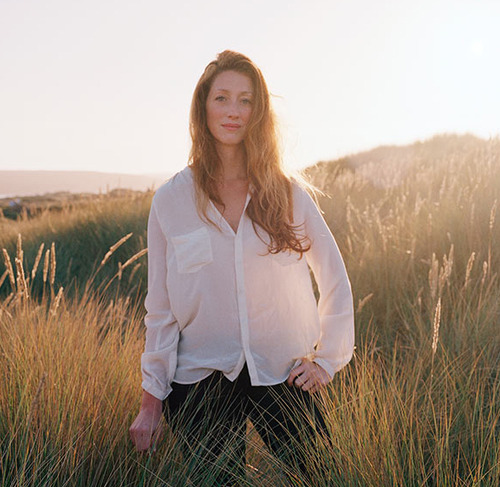
As we chug along here over at Go Forth, I figured we should get around to addressing a question many writers have, which is: How does one balance a day job with their own writing? To give us some insight into that, I interviewed McSweeney’s contributor and United Nations (that’s right, the UN) writer Summer Brennan.
—Nicolle Elizabeth
NICOLLE ELIZABETH: Hi Summer. What moved you to start writing?
SUMMER BRENNAN: Hi! So, I started writing creatively when I was about eleven or twelve. I wanted to write fiction. I was a big time reader, devouring these huge books by Victor Hugo and Charles Dickens. All of Tolkien. Epic stuff. And I guess these new stories and characters would just volunteer themselves. A lot of it was historical. I had something set during the Civil War, and another thing about Queen Nefertiti of ancient Egypt. Some fantasy. I took it all very, very seriously. When I was twelve, I wrote a forty-page “novella” about the Little Rock Nine—you know, the group of black teenagers chosen to integrate a previously all-white Arkansas high school in 1957? If I remember correctly it was told from the perspective of Minnijean Brown. I turned it in to my seventh grade English teacher at the end of the semester, and she gave me a B+ because she said it was too long and that “The flowery language interferes with the flow of the story.” I should stress again, I was twelve.
NE: Similar! My first novel when I was nine was set in 1800s industrial America. It was twenty-three pages long. Speaking of making a living, like many of our readers, you write and edit both creatively and for a living. Do you find it difficult to separate different modes and does your work come from different places within yourself? Do the two ever meld?
SB: I feel really lucky and grateful that I’m able to write and edit for a living. There are different modes, certainly, but I don’t really find it hard to switch between them. I guess the biggest difference is between the content you generate yourself because you just can’t not write about it, and then when you need to find the most interesting or important angle of a topic that is selected for you. I think that doing “non-creative” writing is a huge help for when I do write creatively, because it has made me realize that writing is largely about work. Sometimes you don’t feel like it, but that’s too bad! Do it anyway. The work I do at the United Nations is kind of a cross between technical writing and reporting. ...
You have reached your article limit
Sign up for a digital subscription and continue reading all new issues, plus our entire archives, for just $1.50/month.
Already a subscriber? Sign in




